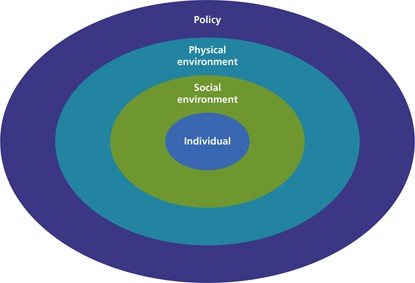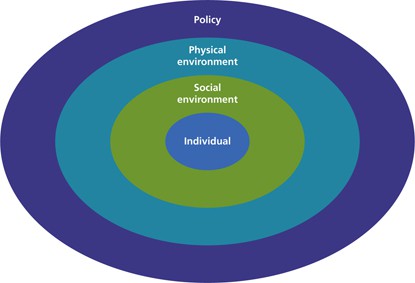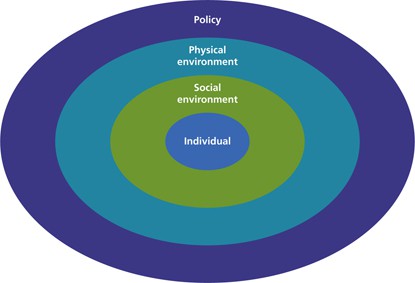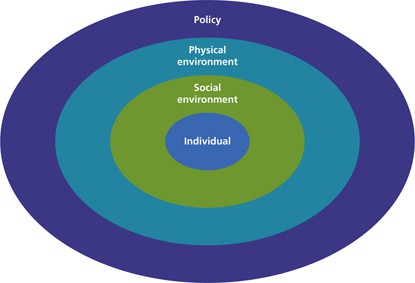P.E SAC 1
1/33
There's no tags or description
Looks like no tags are added yet.
Name | Mastery | Learn | Test | Matching | Spaced |
|---|
No study sessions yet.
34 Terms
Play
Activities engaged in for enjoyment and recreation rather than a serious or practical purpose
Games
Activities one engages in for amusements
Sport
Activities involving physical exertion and skill, in which an individual or team competes against another or for entertainment
Active transport
Traveling between destinations by walking, cycling or other for entertainment.
Chores
Routine tasks involving physical activity, for example jobs done around the house
Exercise
Activities requiring physical effort, carried out to sustain or improve mental health and fitness.
Recreational activities
Leisure time, time outside of work and commitments.
Physical Activity
Any movement of the body produced by skeletal muscles, resulting in energy expenditure.
Sedentary Behaviour
Behaviour associated with sitting or lying down. Low intensity.
How much P.A and S.B people our age should be doing
-60min of medium-high vigorous activity every day
-3 days a week of muscle strengthening
-Minimise sedentary behaviour
Gender that has a higher level of P.A
Males
Individual factors that influence PA
Perception of competence, fun, parents, friends.
Demographics
The characteristics of a population that have been categorized by distinct criteria—such as age, gender and income
benefits of P.A
Help prevent and manage noncommunicable diseases such as heart disease, stroke, diabetes and several cancers. Can be done for enjoyment and for exercise.
Barrier
Something that disables us from doing PA
Enabler
Something that helps you to do PA. (location, if you have lots of time.
How technology influences PA
Can make it easier to improve efficiency, but also can be a distraction
How education influences PA
Educates people about the amount of PA and SB they should be doing.
Environmental factors affect PA
The environment provides cues and opportunities for activities to occur.

Socio Ecological Model
A way to visually illustrate individual, family, organization, community, and societal factors that influence individual mental health and well-being.

Individual
Incorporates all personal factors that influence PA and SB

Social environment
Things like family, peers, community, and how they all affect your levels of PA and SB

Physical environment
Natural and human made environment in which PA takes place
Policy
Includes all recommendations, procedures, regulations and legislation that can affect PA
Subjective data
Based on personal opinions, feelings, perceptions, and interpretations.
Objective data
Measurable facts and observations
Issues with Recall surveys.
Bias in recall can be greater when the study participant has a poorer recall in general, Other issues that influence recall include age, education, socioeconomic status and how important the condition is to the patient.
Issues associated with lack of PA
Increased health concerns, mental health problems, weight problems.
Ways to assess PA
Pedometers, diaries, recall surveys, watches.
FITT
Frequency, Intensity, Time, and Type.
Whats FITT used for
Creating an activity plan using certain principles
Order of Socio-ecological model
Individual, social environment, physical environment, policy.
Difference between games and play
Games have structure, whereas play is purely for fun
Social desirable bias
When people answer a survey with answers that are acceptable to societal standards, instead of personal answers